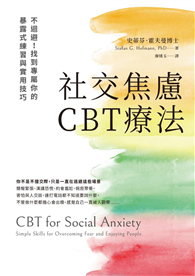Despite the existence of rules and provisions of international law regarding armed conflicts and its recognition of the legitimacy of liberation movements within the state, its eligibility is diminished due to the loss of one of its pillars, which is the authority to govern the state, along with a part of the territory that is under the occupation of another aggressor force/state, in addition to the availability of the other pillars, which are the people, and adaptation among individuals. The people want to live together on the territory of the state, and it is worth noting that the continuation of armed conflicts threatens the idea of collective security, which is the main reason for the emergence of the United Nations and the Security Council in contemporary international law as a mechanism to achieve it through the principle of prohibiting the use of force in international relations and establishing specific legitimate cases. It includes the use of force in the text of Article Seven, Paragraph 2 of the United Nations Charter, which was founded on the principles of contemporary international law regarding respect for the sovereignty of states.
| FindBook |
有 1 項符合
Palestine in international law的圖書 |
 |
Palestine in international law 作者:Dawoud 出版社:LAP Lambert Academic Publishing 出版日期:2024-09-03 語言:英文 規格:平裝 / 84頁 / 22.86 x 15.24 x 0.51 cm / 普通級/ 初版 |
| 圖書館借閱 |
| 國家圖書館 | 全國圖書書目資訊網 | 國立公共資訊圖書館 | 電子書服務平台 | MetaCat 跨館整合查詢 |
| 臺北市立圖書館 | 新北市立圖書館 | 基隆市公共圖書館 | 桃園市立圖書館 | 新竹縣公共圖書館 |
| 苗栗縣立圖書館 | 臺中市立圖書館 | 彰化縣公共圖書館 | 南投縣文化局 | 雲林縣公共圖書館 |
| 嘉義縣圖書館 | 臺南市立圖書館 | 高雄市立圖書館 | 屏東縣公共圖書館 | 宜蘭縣公共圖書館 |
| 花蓮縣文化局 | 臺東縣文化處 |
|
|
圖書介紹 - 資料來源:博客來 評分:
圖書名稱:Palestine in international law
|










